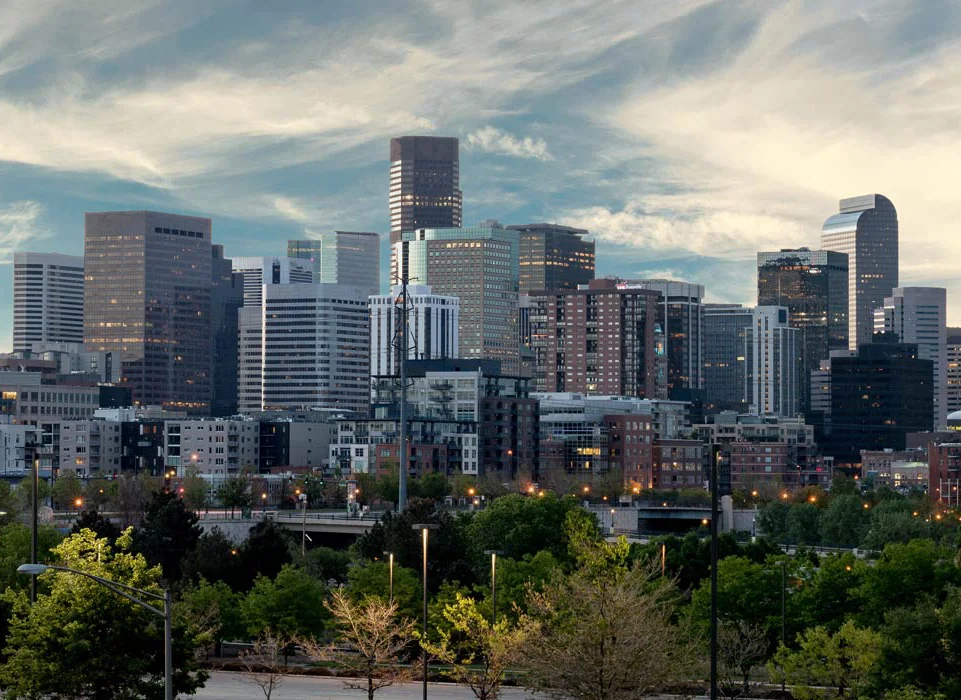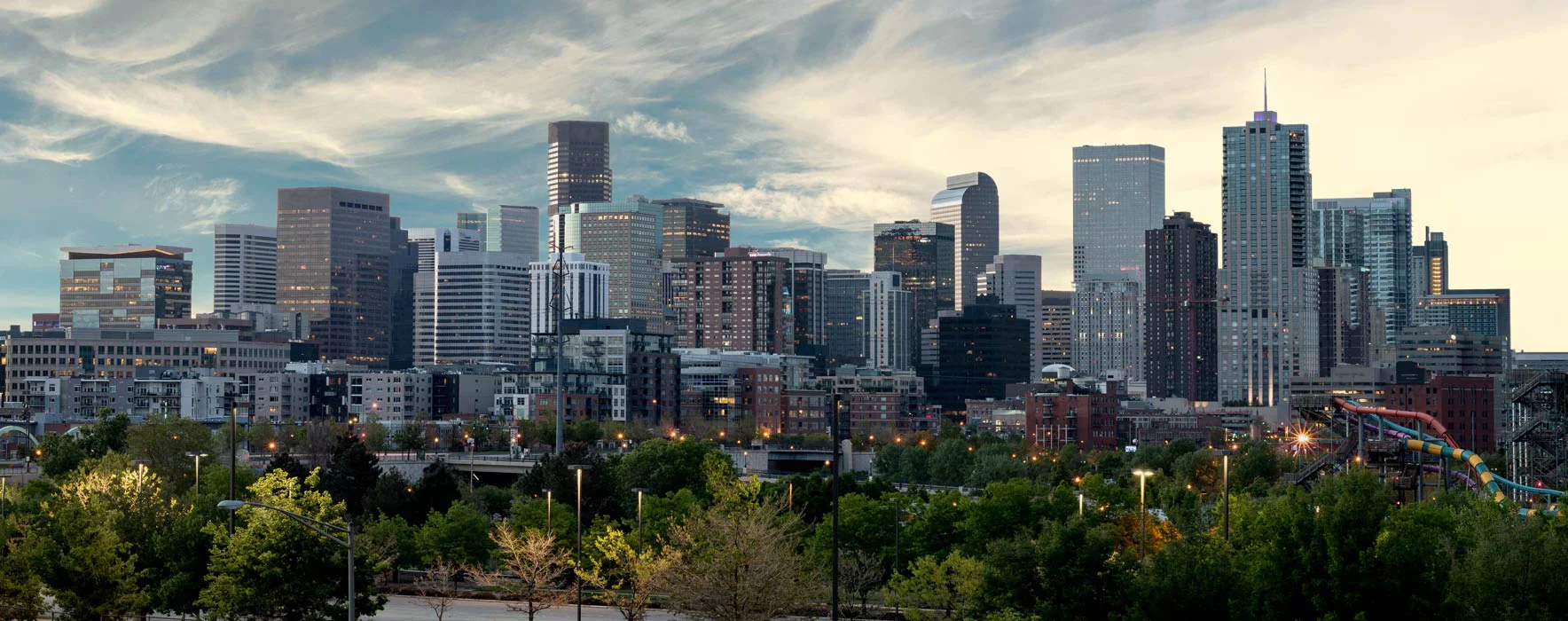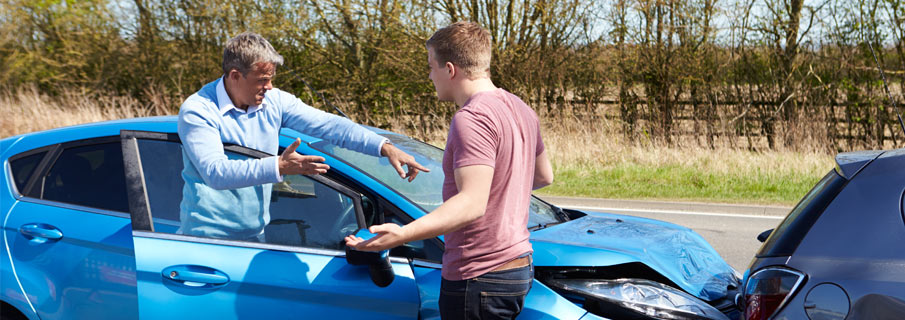On grammar school playgrounds, a common reaction to accusations of wrongdoing is to point the finger of blame at someone else. "It was Billy—not me—who threw that rock." More creative bullies sometimes resort to blaming imaginary friends for such misdeeds. It is these children who are most likely to blame an "unknown car" for causing a collision when they grow up. The diversionary blame game does not end at grammar school for everyone. In fact, insurance defense attorneys in personal injury trials regularly play the blame game with real and imaginary participants in what is known as a "Designation of Non-Party at Fault." This designation is an official document that declares to the court that the plaintiff is blaming the wrong person or that the plaintiff failed to blame all of the parties at fault.
This designation does not always mean, "Hey you're blaming the wrong guy." Sometimes, it's used to say, "Yeah, I'm somewhat responsible for the car accident, but I shouldn't be held responsible for the whole enchilada because other drivers are to blame as well." The notion of blame redistribution is a niche business exploited most commonly by attorneys of the guilty in an attempt to shed the cloak of guilt and responsibility. This article explores the practice of the insurance industry in designating non-parties at fault, details some of the more comical attempts I have encountered in my experience as a trial attorney, and explores the effectiveness of these designations in gaining favor with juries.
A) USE OF DESIGNATION OF NON-PARTY:
Insurance defense attorneys use the designation of a non-party in response to a claim brought by an injured person against a negligent at-fault party. Beyond that, the other common feature of a designation of non-party is that it is used when the at-fault party is clearly and almost unequivocally guilty of negligence as the cause of the car crash resulting injuries. The insurance defense attorney knows that without a diversion, the client's goose is cooked.
Consequently, much like that bully on the grammar school playground caught red-handed, the insurance defense attorneys must use extreme creativity to defend their at-fault clients. They ask themselves, "how do we get our clients' fat out of the fire, even a little bit?" Do we own up to fault, take it on the chin, and engage in meaningful settlement talks with the injured victim? Unfortunately, for some insurance defense attorneys, that idea is almost revolting and sounds un-American to their corporate mindset. Putting up a fight regardless of their client's guilt is the corporate motto. Sadly, faced with this dilemma, insurance companies often decide to play the blame game instead of engaging in meaningful settlement talks.
Non-party designations fall just short of launching a full blown legal attack against the other party that is supposedly responsible for the plaintiff's injuries. If the insurance attorneys really wanted to launch a full blown attack, they would be required to bring a third-party complaint against the other party. If a third party complaint is filed and the jury finds that the third-party was guilty of negligence, that party will be required to pay for a portion of the plaintiff's damages.
In contrast, if the defense only files a designation of non-party and the jury finds that the non-party was guilty of some fault, the non-party required to pay any damages to the plaintiff. Accordingly, insurance defense attorneys file third party complaints only when there REALLY is a responsible third-party out there and the defendant does not want to be left holding the bag for the plaintiff's damages and losses. Generally, I take notice if a defendant files a third party complaint because it means that they are taking things seriously and are legitimately protesting the extent of his or her responsibility for the plaintiff's injuries.
On the other hand, I consider a designation of non-party as a less sincere attempt to deflect blame, because it requires much less effort from the insurance defense attorneys. To me, the defense is saying, "hey, we want to throw out a red herring that we hope might confuse the jury into believing that the defendant is not entirely to blame here, even though he was probably 100% responsible for the plaintiff's injuries."
Non-party designations do not require too much proof and it requires little more than a basic assertion of someone else's involvement in the car accident. Surprisingly, the factual basis for a designation can be as slim as baseless, uncorroborated statements by the defendant. Even worse, a designation against a non-party can be maintained even when the identity of the non-party is unknown or cannot be located and brought into court. With this sort of freedom, certain insurance attorneys have virtually become "Stephen Kings" when it comes to the depth of their imagination in creating mystery scape goats.
B) EXTREME USE/ MISUSE OF INSURANCE BLAME DIVERSION:
Because I practiced as a trial attorney for over twenty years, I have seen several attempts by insurance companies to designate non-parties at fault. Here's a short description of my favorites.
1) Mystery delivery driver/Fallen dishwasher:
We once had a driver who caused a rear-end collision with our client try to blame the accident on a dishwasher that had fallen off a truck about a half mile up the road. The at-fault driver claimed that the dishwasher was to blame because it had caused traffic to abruptly stop in front of her. Believe it or not, the jury actually found that the fallen dishwasher was 30% to blame for our client's injuries and losses.
2) Mystery truck driver/Tire coming off in the road:
Similarly, I recently had a case where a drunk driver blamed an unknown truck driver whose vehicle lost a tire ahead of her in traffic for causing her to lose control of her vehicle and crash into our client. The jury was not impressed as they felt that the at-fault driver's significant intoxication, and not the mystery truck driver, was to blame for the collision.
3) Mystery driver/Waives the driver into traffic:
I have encountered many occasions where the at-fault driver unwisely crossed multiple lanes of traffic and creamed an unsuspecting vehicle. In those cases, the at-fault driver usually tries to blame a mystery driver who waived them into traffic and gave the signal that it was okay to turn. Nevertheless, these non-party designations usually fail because juries know that a driver should never blindly enter an intersection even if some idiot is waiving you in.
4) Mystery landscaper/Unkempt hedge:
Many times, at-fault drivers will designate landowners or even mystery landscaping companies in cases where the negligent driver claims that an unkempt hedge or tree branch blocked their view of oncoming traffic. The designations normally fail because jurors quickly acknowledge that drivers have other options other than blindly driving into an intersection. Generally, the at-fault driver will agree in cross-examination that he had the last clear chance to avoid the crash by modifying his route, slowing down as he approached the intersection, or by simply not even taking the risk of blindly entering an intersection.
5) Mystery maintenance crew/A broken street lamp caused the stop sign to be invisible:
In a recent case, a negligent young driver claimed that her failure to stop at a stop sign at night was due to the lamp post at the intersection not working. She claimed that the broken lamp rendered the red reflective stoplight invisible. In her attempt to pass the buck, the at-fault driver has all but established for us that at ten o'clock at night, she must have been driving without her headlights.
Even if the lamp at the intersection was broken, the at-fault driver's headlights would have illuminated the red reflective stoplight. We suspect that the at-fault driver's shallow attempt to divert the blame from herself will anger the jury and cause them to find that find that her conduct was reckless instead of just negligent. In this case, the at-fault driver would be better off if she simply took responsibly and accepted that she made a simple driving error.
6) Mystery shopper/Spiller:
In slip and fall case, supermarkets love to claim that their efforts to regulate the safety of their store was hampered by some mystery person who spilled juice or some other product on the floor the moment before our client slipped on that substance and fell. On most occasions, these claims by supermarkets are rejected by juries as silly and ridiculous.
C) JURY APPEAL OF INDUSTRY TACTICS:
Normally, commonly used tactics by insurance defense attorneys lack inspiration but they are sometimes effective. However, my experience with non-party designations is that they have little effect on jury outcomes and amount to "much to do about nothing." Sometimes I seek to have the Court keep the defendant from making the argument, because there really are no facts to back it up. Other times, I choose to let the defendant "hang himself" by letting the jury hear why he blames someone else for causing the accident. Many times, jurors dislike the defendant for not accepting responsibility. Jurors tend to see through these blame games by insurance defense attorneys and are too smart to be distracted by these diversionary tactics.
CONCLUSION:
At Anderson Hemmat, we believe that negligent drivers should be held responsible for the harms and losses they cause to other drivers. All too often, instead of accepting responsibility, insurance defense attorneys will resort to diversionary tactics such as non-party designations instead of fairly compensating victims for their injuries. An experienced attorney will know how to defeat these diversionary tactics and focus the attention on the negligence of the at-fault driver. If you have been injured in a car accident and the insurance company is playing the blame game, please call us today for a free consultation.
- Comprehensive Insurance in Colorado: What it is and why is it important?
- Maximize Your Colorado Motorcycle Accident Settlement
- Hiring a Bike Accident Attorney Denver: What You Need to Know
- Jason Alleman Accepts CTLA's Legal Professionalism Award
- Appeals Court Orders Judge to Reconsider Drastic Reduction of Record Wrongful Death Verdict



DENVER HEADQUARTERS
Denver Injury Lawyers
Phone - (303) 782-9999
Phone - (888) 492-6342
Fax - (303) 782-9996
Denver Law Office
5613 DTC Parkway Suite 700
Denver, CO 80111
Get directions
Request a free consultation
We would be honored to meet with you and consider your case. Call us at (303) 782-9999 or submit your case information below for prompt response.
COLORADO SPRINGS OFFICE
Colorado Springs Injury Lawyers
Phone - (719) 575-9999
Phone - (888) 492-6342
Colorado Springs Law Office
102 South Tejon Street, #1100
Colorado Springs, CO 80903
Get directions
View all locationsAreas We Serve
Denver, Colorado Springs, Aurora, Fort Collins, Lakewood, Thornton, Arvada, Westminster, Greeley, Pueblo, Centennial, Boulder, Highlands Ranch, Longmont, Castle Rock, Loveland, Broomfield, Grand Junction, Commerce City, Parker, Littleton, Brighton, Windsor, Security-Widefield, Northglenn, Erie, Pueblo West, Englewood, Dakota Ridge, Ken Caryl, Wheat Ridge, Lafayette, Fountain, Columbine, Evans, Four Square Mile, Montrose, Louisville, Golden, Durango, Johnstown, Clifton, Sherrelwood, Cimarron Hills, Firestone, Fort Carson, Frederick, Cañon City, Welby, Greenwood Village, Castle Pines, Black Forest, Lone Tree, Federal Heights, Fruita, Steamboat Springs, Superior, Berthoud, Sterling, Monument, Wellington, Fort Morgan, Berkley, Cherry Creek, Severance, Edwards, Rifle, The Pinery, Fairmount, Glenwood Springs, Gunbarrel, Timnath, Alamosa, Stonegate, Delta, Fort Lupton, Milliken, Roxborough Park, Craig, Cortez, Derby, Evergreen, Redlands, Woodmoor, Gypsum, Lochbuie, Trinidad, Fruitvale, Applewood, Woodland Park, Twin Lakes, Lamar, Eagle, Orchard Mesa, Stratmoor, La Junta, Gunnison, Carbondale, Aspen, Dacono, Mead, Gleneagle, Cherry Hills Village, Avon, Sheridan, Salida, Eaton, Estes Park, Dove Valley, Shaw Heights, Brush, West Pleasant View, Battlement Mesa, Todd Creek, Meridian, Breckenridge, Silverthorne, Edgewater, New Castle, Manitou Springs, Vail, Castle Pines Village, Glendale city, Lincoln Park, El Jebel, Niwot, Monte Vista, Genesee, Basalt, Penrose, Florence, Rocky Ford, Silt, Ponderosa Park, Bennett, Yuma, Orchard City, Strasburg, Burlington, Walsenburg, Buena Vista, Snowmass Village, Sierra Ridge, Platteville, Bayfield, Holly Hills, Inverness, Stepping Stone, Frisco, Ault, Leadville, Acres Green, Palisade, Palmer Lake, Telluride, Meridian Village, Elizabeth, Coal Creek CDP, Cedaredge, Park Center, Las Animas, Meeker, Wray, La Salle, Holyoke, Rangely, Granby, Laporte, Lyons, Keenesburg, Leadville North, Limon, Aristocrat Ranchettes, Olathe, Colorado City, Center, Hayden, Sterling Ranch, Wiggins, Pagosa Springs, Akron, Perry Park, Idaho Springs, Columbine Valley, Crested Butte, Byers, Hudson, Deer Trail, Kersey, Nederland, Loma, Paonia, Fraser, Indian Hills, Kremmling, Del Norte, Parachute, Alamosa East, Cascade-Chipita Park, Springfield, Poncha Springs, Georgetown, Mancos, Ellicott, Ridgway, Julesburg, Mountain Village, Fowler, Aetna Estates, Dotsero, Towaoc, Winter Park, Cripple Creek, Pierce, Ordway, Kittredge, Gilcrest, Dillon, Lazy Acres, Aspen Park, Keystone, Watkins, Howard, Haxtun, Minturn, Manassa, Mount Crested Butte, Hotchkiss, Dolores, Upper Bear Creek, Ouray
About Our Law Firm
Anderson Hemmat, LLC is a personal injury law firm with locations in and around Denver, Colorado, handling all personal injury cases including car accidents, truck accidents, motorcycle accidents, wrongful death, slip and fall, premises liability and more. Our award-winning Denver injury attorneys have recovered millions of dollars for accident victims. If you were injured in Denver, contact our law firm today, we offer a free initial consultation.



